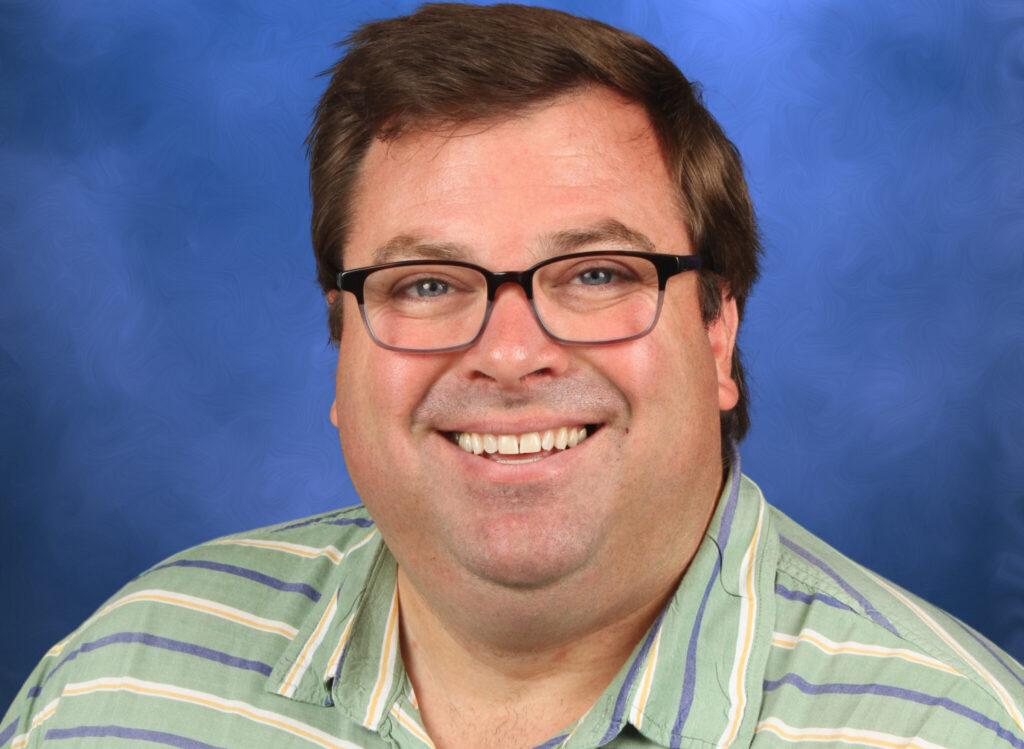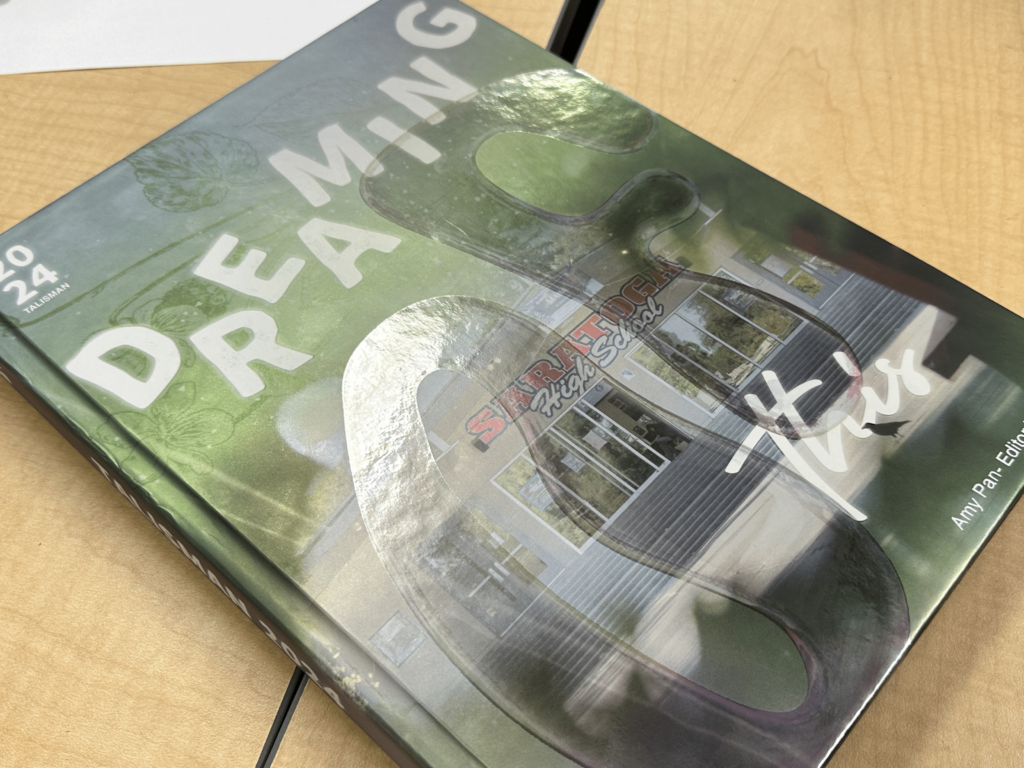In the corner of the Special Education math wing, new specialized academic instructor John Keeling enters his classroom, ready to help his students however he can, whether through providing more individual academic support or with preparations for after high school.
Keeling teaches an Independent Study Skills class as well as Sequential Math 1 and 2 for grades 9-12. His class, Sequential Math 1, focuses on the fundamentals and mastering of Algebra 1 concepts while Sequential Math 2 builds off of that and begins to develop the fundamentals of geometry.
After seven years of working as a behavioral therapist at Tucci, a company dedicated to helping children and adults with developmental difficulties, Keeling got his first district job at Santa Clara Unified School District as a paraeducator in 2013.
“I like solving problems. I like helping students feel comfortable in class,” Keeling said. Keeling had a friend who worked at Tucci, who referred him to the company. He didn’t know anything about behavioral therapy before, but as he got into it and found out about paraeducators, his job as a teacher progressed from there.
When he worked as a paraeducator, an instructional aide for a special education class, Keeling helped teachers better support students by providing resources that would be difficult for just one teacher to provide. For example, Keeling worked with a mod severe population with nonverbal students so he had to be aware of how he acted and provided support.
He had to be aware of how loud he was talking, and the different things he did. Keeling had to recognize and be mindful of how people communicate in different ways, especially with nonverbal students, who didn’t always tell him when they were upset, and instead expressed it in different ways.
Keeling finds that working as a paraeducator has helped him with his skills as a teacher, as the two are “hand in hand.”
“The training you get in college for being a teacher is kind of minimal,” he said. “You do get training, you take all these courses, but they just don’t train you in the ways you would learn in the classroom.”
Keeling now combines the skills gained from his previous job, how to communicate with different students and provide that specific support they need to help his students grow academically, socially, and emotionally.
He said he enjoys helping his students find jobs and resources to help them be more independent after high school, explaining to them how to get a job, as well as SVCTE, or Silicon Valley Career Technical Education, a high school program that prepares students for college and future careers.
“I especially enjoy that as they grow, they get more independent, they’re able to function, and it’s less about me instructing them and more about them using the tools they have to complete their assignments.”
Keeling uses a variety of activities to help his students grow independent.
One such activity is the interactive notebook, which both students in study skills and sequential math use. For those in study skills, students use the interactive notebook to reflect on their work in order to learn how to better use the tools available to them. Keeling provides For those sequential math, their notebook is more about reflecting on various math topics being gone over in class. Cornell notes are also used in class by Keeling to teach students how to analyze what they’re learning and improve upon it over the year.
Keeling said that he enjoys working at Saratoga because the smaller school district allows for a smaller class size, which allows him to connect with his students better. Currently Keeling has 13 students in his biggest class, something he is grateful for, as in previous school districts his largest class had 25.
Through working at smaller school districts, Keeling has picked up skills and philosophies on how to treat parents and students in various situations.
“You have to be diplomatic to parents and students,” Keeling said. “Especially when it comes to students, you have to explain things in a neutral way, and it’s not about your personal opinions.”
Keeling went to college in Florida where getting an associates degree basically free or very low cost doesn’t exist; however, in California, Keeling said young adults have the opportunity to go to undergraduate college for little or no cost, and they can get an education or go down any other path they wish to.
“I want students to be successful after high school,” he said. “There’s so many opportunities that didn’t exist when I was in high school and I want to let them know that there are options other than just college.”



























